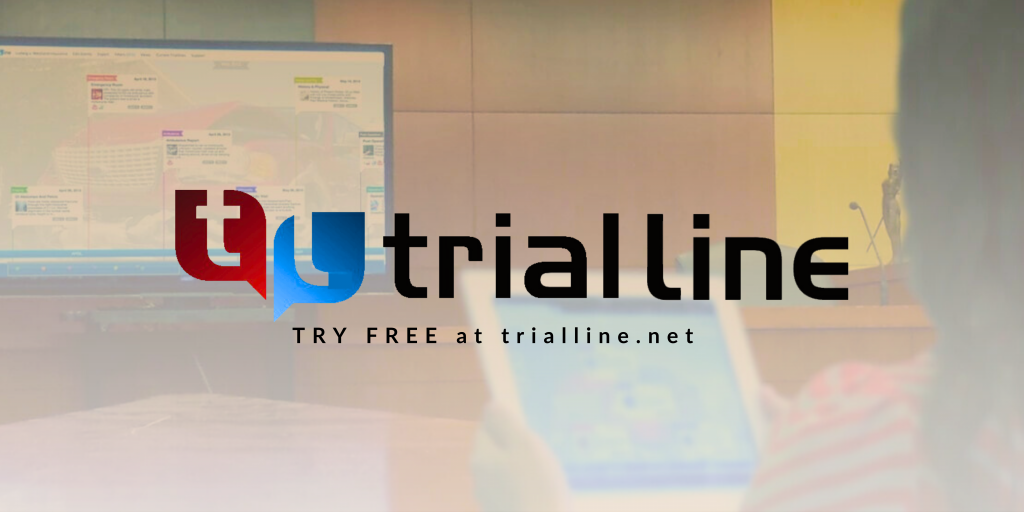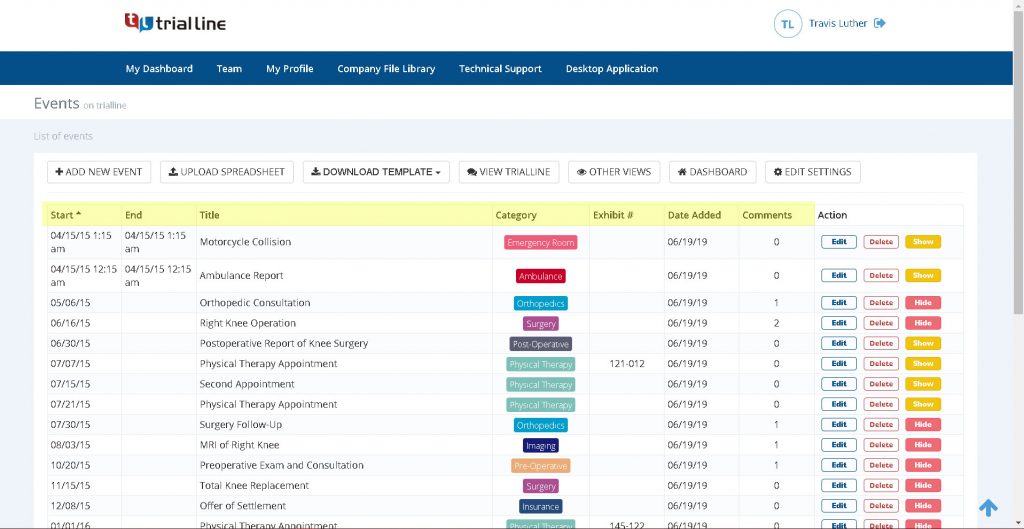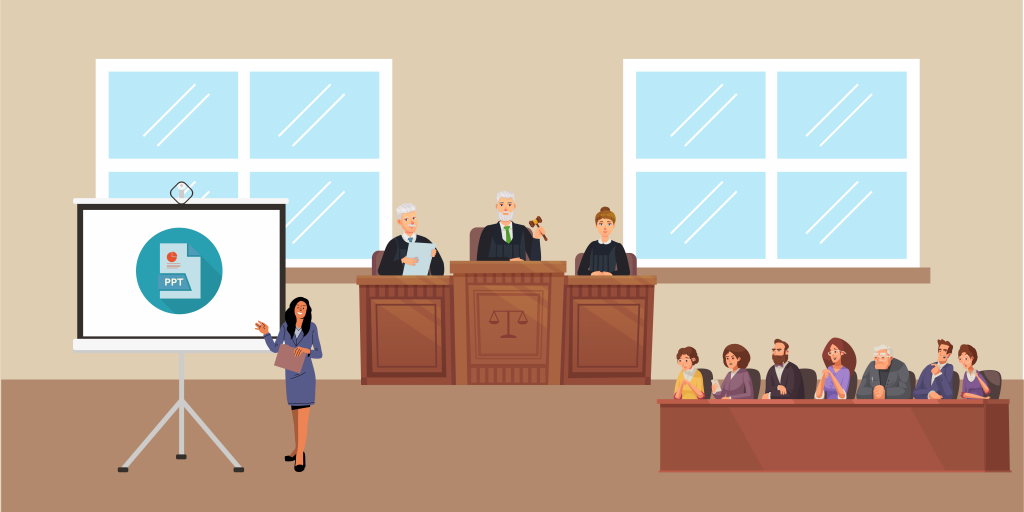Cybersecurity in the legal sector aims to safeguard propriety information, data, and systems to maintain client confidentiality. However, a quarter of legal firms fail to implement law firm security requirements and cybersecurity policies.
According to a report from the American Bar Association in 2019:
- 26% of law firms experienced a security breach
- there is a 3% increase in breaches compared to 2017
- 36% encountered malware or viruses on their computers
- 9% of law firms had to contact their clients and law enforcement after a security breach
- 42% of mid-sized law firms experienced breaches
These statistics highlight the alarming cybersecurity trends within the legal industry. However, it’s important to acknowledge that many legal institutions have not yet embraced the security protocols tailored to the unique needs of law firms or established thorough security policies. To start their cybersecurity efforts, law firms might consider starting with the adoption of legal timeline software as a preliminary step.
Introduction to Legal Timeline Software Security Features
Legal timeline software is a tool designed to help legal professionals create, manage, and visualize timelines of events and actions relevant to legal cases. A case timeline created on these tools is used in litigation, investigations, and legal research to present a chronological sequence of key events, dates, and milestones associated with the case.
This timeline software for lawyers often offers features for organization, management, collaboration, and, notably security. It enables law firms to track the creation, modifications, and access to important documents. Within the platform, law firms may also establish permissions, effectively mitigating insider threats.
Many legal timeline software options offer encryption capabilities. This means that all data stored and transmitted are highly resistant to interception and decryption by unauthorized parties. Further, they maintain detailed audit trails, recording all actions performed within the software and attributing them to specific users. These features collectively enhance data protection, reduce vulnerabilities, and strengthen the overall security posture of law firms.
Improved Data Management

One of the fundamental aspects of security in law firms is data management. Effective data management ensures that highly confidential and sensitive client information is stored securely. This prevents unauthorized access or breaches that could lead to legal and reputational consequences. Data management also ensures that information is not tampered with, maintaining the integrity of evidence and legal documents. Most importantly it helps identify and mitigate risks associated with data breaches or data loss, minimizing the likelihood of security incidents.
Law firms utilize legal timelines or case management software to enhance the efficiency of structuring and organizing their cases and related data. This software allows them to arrange information in chronological order, simplifying the process of finding and overseeing crucial documents and evidence. This, in turn, diminishes the likelihood of mishandling data and potential data leaks.
Efficient Communication
Effective communication serves as a backbone for any successful law firm. It plays a pivotal role in building and maintaining strong client relationships. Clear communication stands as a lawyer’s tool for understanding and ensuring that clients feel heard and valued. Moreover, effective communication among team members guarantees strategies and arguments are developed and executed correctly.
Litigation software for attorneys facilitates seamless communication by enabling team members to work together on a case. This software ensures that everyone involved stays informed about the most recent updates, minimizing the chance of miscommunication or neglecting details that might lead to security incidents. It enhances security by maintaining audit trails that can be reviewed in the event of suspicious activity.
Enhanced Document Security

Law firms regard documents as their vital core and misplacing or mishandling them can result in legal consequences. This includes violating client confidentiality, failing to meet legal obligations, or compromising the integrity of evidence in a case. Document mishandling can lead to client attrition and damage to a firm’s reputation. It may also trigger ethical breaches that may cause disciplinary actions from legal authorities and bar associations and may also cause the firm to incur financial damages.
Document mishandling may expose sensitive client information to unauthorized parties and cybercriminals and may also lead to violations of industry-specific regulations and data protection laws. By employing legal timeline software, law firms can prevent unauthorized document mishandling. The software ensures that only authorized individuals can access modify, and delete documents. It offers secure document storage in a structured and secure environment, thus reducing physical mishandling and loss.
Data Encryption and Access Controls
Law firms frequently become cyberattacks due to the sensitive data they handle. Cybercriminals employ various tactics such as phishing, malware, ransomware, or hacking to exploit vulnerabilities in a firm’s IT system. Additionally, employee errors such as mistakenly sending confidential information to the wrong recipient, misconfiguring security settings, or falling prey to social engineering attacks, can further expose the firm to risks. The use of personal devices for work purposes (BYOD) can also create potential entry points for data breaches.
Access control features in trial timeline software can mitigate the risk of unauthorized access stemming from weak passwords, insider threats, or employee errors. This is achieved through the software’s utilization of additional authentication factors and the implementation of access limitations. Therefore, even in cases where users employ weak passwords, the software provides an added layer of security. Employee errors are reduced by the software’s access limitations, allowing individuals to only work on information and documents they are assigned to.
Timeline software further bolsters security by thwarting cybercriminal’s attempts to intercept and access information. It achieves this by employing encryption protocols, such as data encryption compliant with HIPAA regulations, that safeguard data from cyberattacks.
Evidence Management

Strong and well-organized evidence provides the foundation for building a compelling argument and can significantly influence the outcome of a case. It also demonstrates competence and diligence to clients, while ensuring adherence to both legal and ethical obligations in the proper handling and preservation of evidence. Most importantly, it acts as a safeguard against potential case weakening and legal disputes.
Litigation timeline software facilitates the systematic organization of evidence. It categorizes and indexes evidence in chronological order, simplifying the process of locating and retrieving specific documents or evidence. Additionally, it securely stores evidence and related information in an orderly and secure environment, protecting against potential data breaches. The software’s search and retrieval tools empower users to pinpoint specific evidence, reducing the time spent on document searches and mitigating the risk of mismanagement due to disorganization.
Client Confidentiality
Law firms are bound by legal and ethical obligations to protect the confidentiality of client information. Failing to meet these obligations can result in disciplinary actions, legal proceedings, and harm to the firm’s reputation. Confidentiality is the bedrock of trust in attorney-client relationships, enabling clients to communicate openly and honestly with their legal representatives without fear of exposure. This trust is indispensable for effective legal representation.
When client trust is breached, it can yield adverse consequences, including client attrition, reputational damage, legal disputes, and financial liabilities. Such breaches may also lead to legal penalties and potential loss of license. Employing a legal timeline or fact management software can effectively prevent breaches. This software incorporates features like access control, encryption, and secure user authentication to ensure the integrity of stored data. It also enables firms to establish user roles and access levels to guarantee that employees can only access client information relevant to their responsibilities.
Bolster Security Measures with TrialLine Several law firms have already fallen victim to cyberattacks, illustrating the significant risks they face. For instance, Grubman Shire Meiselas & Sacks, a media and entertainment law firm, experienced a ransomware attack in 2020 that demanded a staggering $42 million. These attackers often employ tactics that make their victims consider paying the demanded amount. Regrettably, even if compliance occurs, data restoration may remain impossible.
Several law firms have already fallen victim to cyberattacks, illustrating the significant risks they face. For instance, Grubman Shire Meiselas & Sacks, a media and entertainment law firm, experienced a ransomware attack in 2020 that demanded a staggering $42 million. These attackers often employ tactics that make their victims consider paying the demanded amount. Regrettably, even if compliance occurs, data restoration may remain impossible.
Law firms, owing to the wealth of sensitive information they possess, are frequent targets of theft and ransom attacks. While it’s impossible to guarantee immunity from breaches, prioritizing security is important before it’s too late. Legal timeline software like TrialLine securely stores information on servers designed to meet the highest security standards. Utilizing the Amazon S3 cloud, which surpasses PCI and HIPPA compliance requirements, TrialLine’s security architecture ensures the protection of valuable data through cutting-edge, multi-factor authentication, and continuous monitoring to ward off potential threats. To acquire more specific details you can also arrange a discussion with their IT security system.
Schedule a Demo and Start Your Free Trial Today!
TrialLine offers newcomers an opportunity to get acquainted with our platform and get a hands-on experience with our app’s functions. We recognize that there’s a learning curve for everyone, and we want law firms to become familiar with our app’s interface before committing to a subscription plan. Additionally, we offer scheduled demonstrations to provide a more comprehensive understanding of each feature and our subscription plans.
Don’t hesitate any longer; sign up for a 14-day free trial today and arrange a demonstration with one of our experts. With TrialLine, you can have confidence in the security of your data. Enhance your firm’s security by selecting TrialLine.
Disclaimer: The information provided on this website does not, and is not intended to, constitute legal advice; instead, all information, content, and materials available on this site are for general informational purposes only. Information on this website may not constitute the most up-to-date legal or other information.






